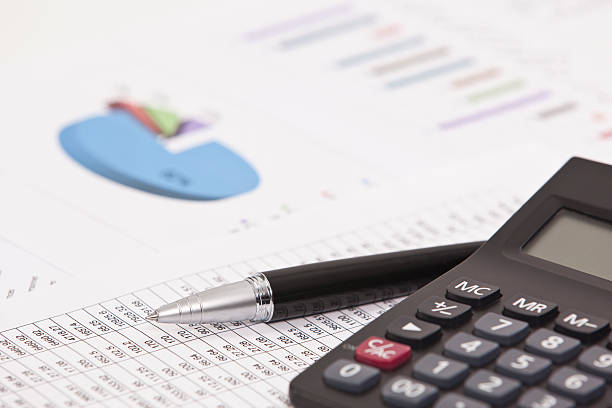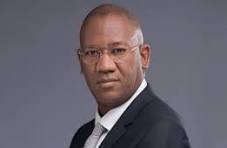In the age of strongman leaders and economic reformers, one question keeps rising above the noise: is this leader a visionary economic evangelist or merely an empire builder in disguise?
Across the world, from Africa to Asia, powerful political figures have emerged with promises to shake up stagnant economies. They speak of prosperity, foreign investment, and national pride. But behind the grand speeches and shiny infrastructure projects lies a more complex truth – especially for the poor, the middle class, and the global markets watching closely.
A Promise of Growth – But for Whom?
When leaders promise growth, the message often sounds the same: “We’ll build roads, boost exports, and create jobs.” But for those living hand to mouth, the results don’t always match the words.
In many cases, mega projects and foreign investments don’t trickle down to the slums or rural villages. Instead, they inflate land prices, displace communities, and widen the gap between rich and poor.
Take, for example, the story of Anita, a vegetable vendor in a bustling city market. “They built a flyover above our stall to ease traffic,” she says. “But no one stops here anymore. My earnings have dropped by half.”
For people like Anita, economic policies shaped by top-down development often leave them behind, with little voice in decisions that change their lives.
The Business Class: Mixed Feelings
For the business class – shop owners, manufacturers, small tech firms – the view is more divided.
Many welcome reforms like easier tax systems, digital banking, and better roads. These improvements can boost profits and expand reach. But others worry about cronyism and favouritism.
Rajiv, a mid-sized garment factory owner, explains: “They talk about supporting local businesses, but most government contracts go to big players with political ties. We get left out.”
Still, some thrive under these new regimes. Leaders who cut red tape and invest in infrastructure can unlock real potential. For entrepreneurs with capital and connections, it’s a golden era.
Global Investors: Drawn by Promise, Held Back by Risk
From London to Shanghai, investors eye these rising economies with both excitement and caution.
On one hand, political stability and a clear economic vision are magnets for foreign capital. Big money follows big dreams – highways, tech hubs, green energy projects. These are attractive bets for hedge funds and pension boards.
But there’s a catch. Empire builders often blur the line between personal power and national interest. Sudden policy changes, weak institutions, or clampdowns on dissent make investors nervous.
A London-based analyst, who tracks emerging markets, puts it this way: “They talk like reformers but act like monarchs. The risk premium is real.”
Evangelist or Empire Builder? Sometimes, Both
The truth is, many of today’s economic leaders are a blend of both roles.
They sell a gospel of growth and national pride. They build, inspire, and – often – centralise power. In doing so, they reshape countries and economies, for better or worse.
What defines them may not be the policies themselves, but who benefits from them, and who gets left behind.
For the poor, the future remains uncertain. For the business class, it’s a game of navigating new rules. And for global investors, it’s a question of whether the dream is real – or just another empire in the making.
One final question lingers in the minds of many citizens and stakeholders alike:
Is this leader building a better future for all, or simply building a throne on an economic stage?
Only time – and the people – will tell.





